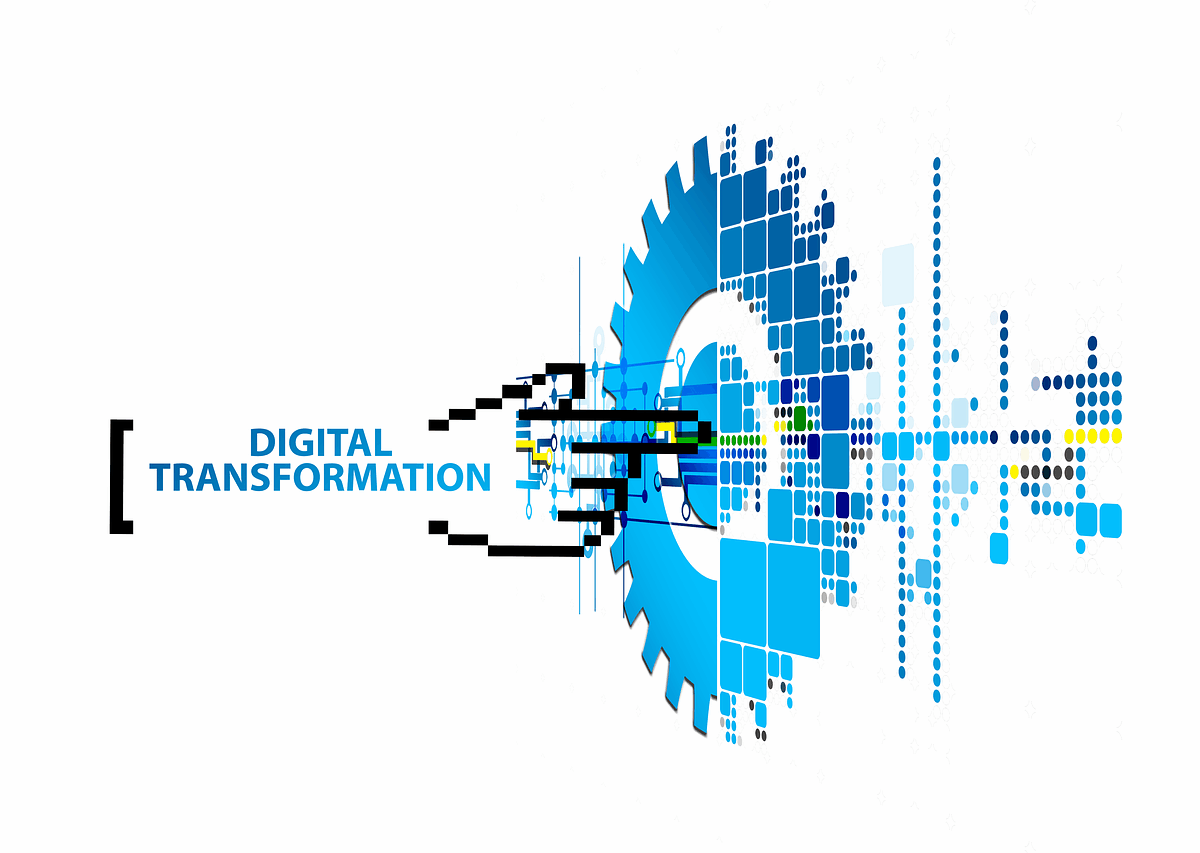Across the world, digital technologies are reshaping how people live, work and connect. From artificial intelligence (AI) to high-speed internet and digital platforms, this transformation offers great potential for economic growth and social progress.
However, with that promise comes a critical challenge: ensuring that the digital future is equitable, sustainable and inclusive.
Emerging technologies have already started driving significant gains and AI alone could add as much as $4.4 trillion (R78 trillion) annually to the global economy, according to the World Economic Forum’s Future of Jobs Report.
Digital tools are helping small businesses tap into global markets, while fintech services and online platforms are enabling entrepreneurs to reach customers and capital more easily than ever. For micro, small and medium enterprises, the digital economy offers unprecedented opportunities for job creation and innovation – if they have access to skills training, financing, and reliable internet.
In developing countries, digital infrastructure is offering a chance to surge ahead of traditional development paths. E-learning and e-commerce are opening doors in rural and under-served communities, creating new paths to prosperity and participation in the global economy.
Internet access remains an issue
However, the digital divide remains a concern. Over 2.6 billion people still lack internet access and many face barriers due to cost, lack of digital literacy and infrastructure challenges. This inequity leaves a lot of people without access to essential services, education and economic opportunities – threatening to widen rather than close global disparities.
Additionally, the benefits of digitalisation are not evenly distributed. While some workers and industries gain from automation and AI, others face job displacement. Estimates suggest that AI-driven automation could create 11 million jobs globally while displacing nine million, with uneven impacts across regions and sectors.
To manage this transition responsibly, governments, businesses and civil society must invest in education and social protections. Ensuring that the digital economy is dynamic and fair requires a concerted effort to build inclusive digital infrastructure and policy frameworks.
As the world accelerates into a digital future, the choices made today will determine whether this transformation serves as a bridge to shared prosperity – or becomes a barrier that deepens existing divides.
Do you think digital transformation will help or hinder Africa?
Let us know by leaving a comment below, or send a WhatsApp to 060 011 021 1.
Subscribe to The South African website’s newsletters and follow us on WhatsApp, Facebook, X and Bluesky for the latest news.
